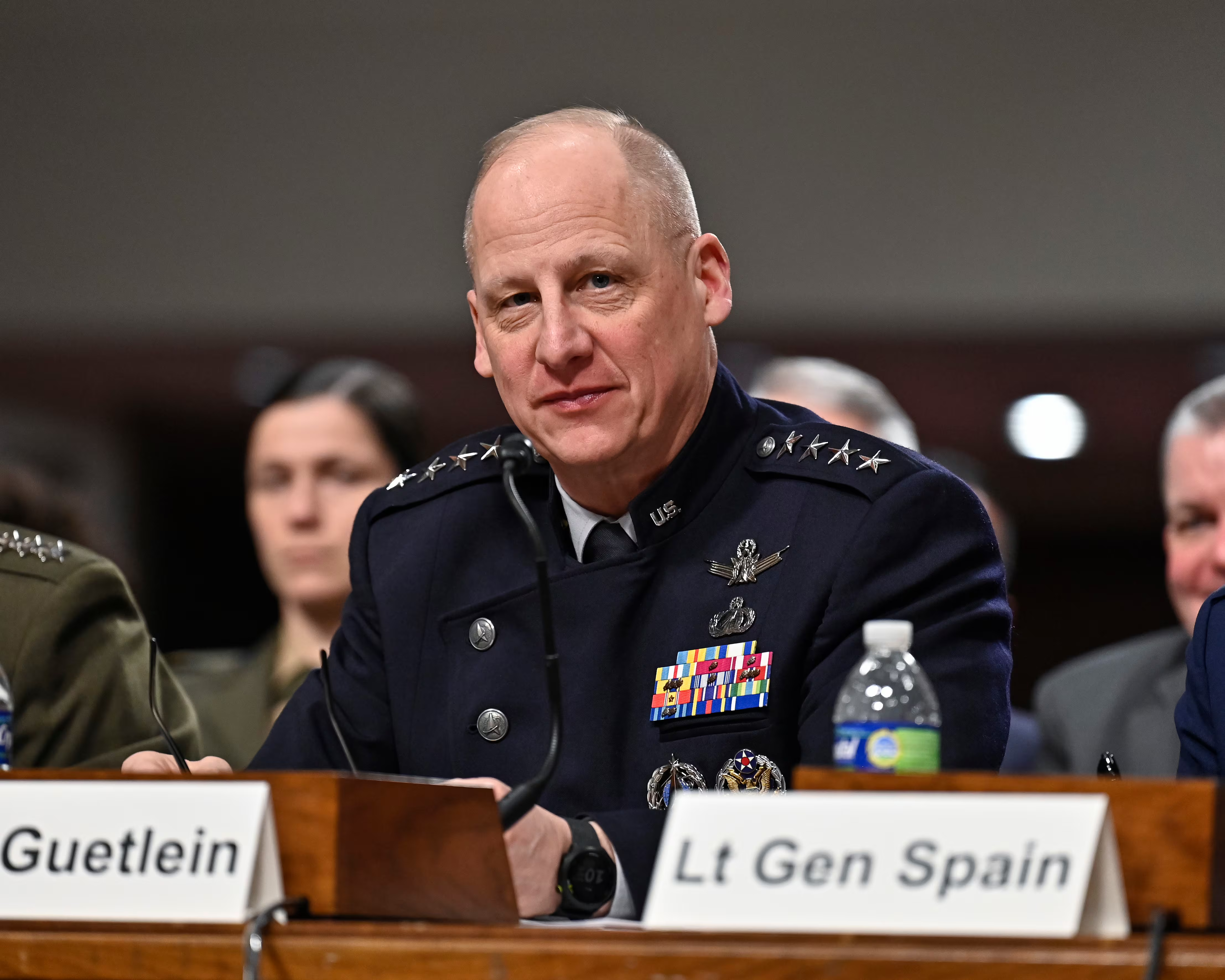With the Republicans taking control of the Senate in November's midterm election and grabbing a bigger majority in the House, all eyes are on GOP members.
But last week showed that several Democrats are worth watching during the 114th Congress — especially in the next few months.
These members will play a big role in Iran sanctions, the Islamic State war and spending caps.
Sen. Robert Menendez, D-N.J.
Role: The outspoken-but-respected Foreign Relations Committee ranking member held the gavel until late last year. Other Senate Democrats who chaired committees in the last Congress decided to be the ranking members of other panels. But not Menendez. Members of both parties still respect his expertise on foreign policy matters. In fact, a significant amount of Democrats appear to be following his lead on Iran sanctions.
Why he matters: He threw a curveball into the Senate's march toward voting on new economic penalties for Iranian power brokers and companies last week, saying he opposes any legislation that gets a floor vote before March 24 — even his own bill. On foreign policy and national security matters, Menendez is showing he can marshal enough Democratic votes to override a presidential veto. That could be key if more hawkish Democrats want to break with the White House on a number of issues.
Rep. Adam Schiff, D-Calif.
Role: Schiff took over for Rep. Dutch Ruppersberger, D-Md., as ranking member of the House Permanent Select Committee on Intelligence when House Minority Leader Nancy Pelosi decided a change was needed. She turned to a Golden State colleague. Ruppersberger was regarded as an intelligence community ally and had a close relationship with the panel's former chairman, the now-retired Rep. Mike Rogers, R-Mich.
Why he matters: The Pelosi connection raised questions about how aggressive — and bipartisan — Schiff will be. A clue came last week when he introduced a measure that would legally authorize US military operations against the Islamic State group. Schiff opted against waiting on the White House to submit an authorization of military force to which lawmakers can make changes. He also opted against waiting for the House Foreign Relations Committee's Democrats to craft one.
Sen. Bernie Sanders, I-Vt.
Role: Sanders technically is a political independent, but he caucuses with Democrats, and the party's leaders made him ranking member of the Budget Committee. And he's a possible 2016 presidential candidate (a rare species).
Why he matters: Sanders will be influential with some Democrats when and if they vote on a 2016 budget resolution. So it's important that he appears opposed to raising defense spending caps at the expense of domestic spending. "Why am I not shocked that in addition to wanting to cut Social Security and Medicare as we know it, cut education, cut nutrition programs for hungry kids," Sanders said recently, "[Republicans'] other brilliant idea is to increase military spending at a time when we spend more money than almost the rest of the world combined?"








